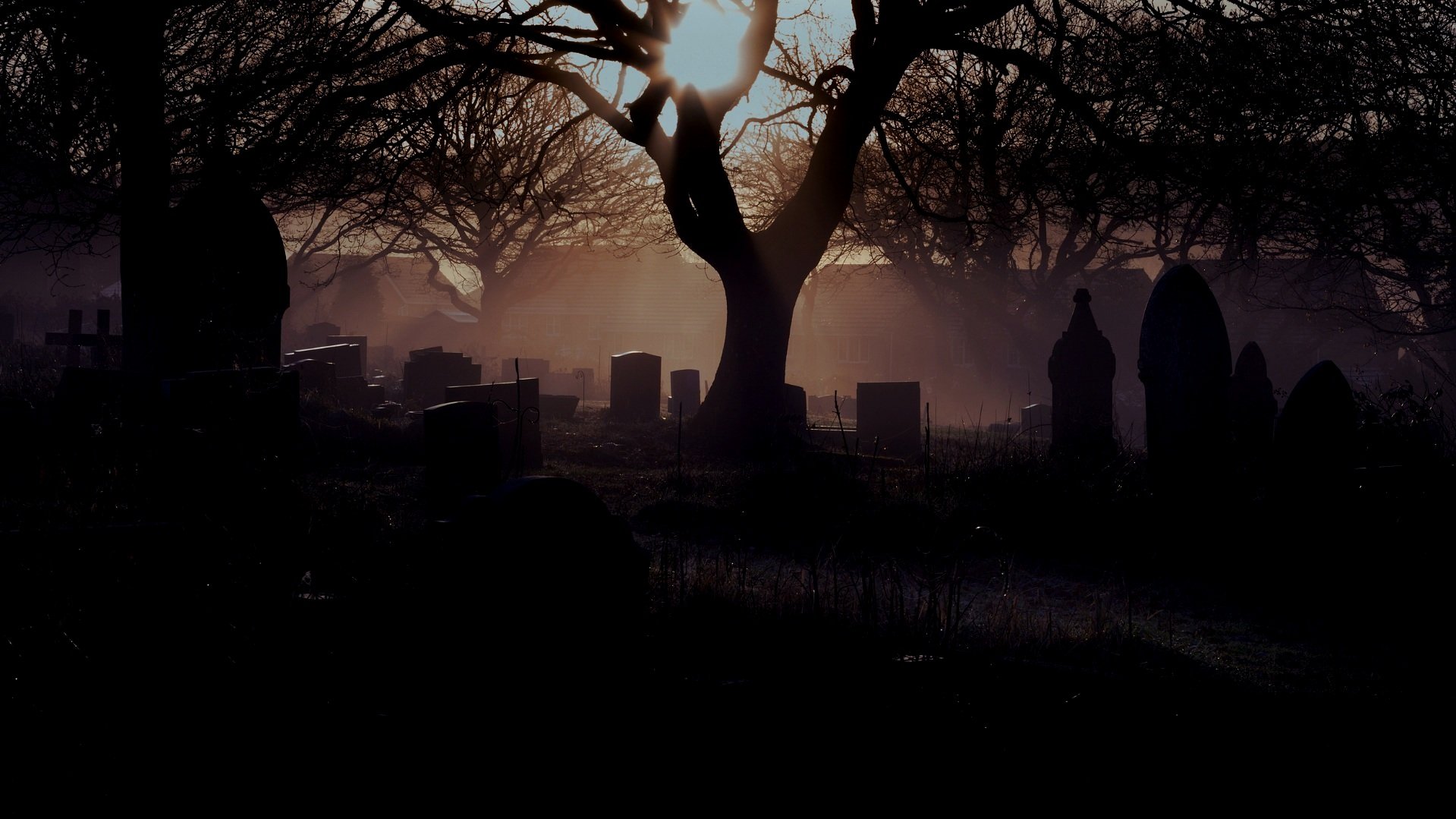
what to do when someone dies
-
licensed facility? hospital?
will pronounce death and release body.
under hospice care?
will pronounce death and release body.
residence? alone? not under medical care?
unfortunately, 911 must be called. medical examiner will then pronounce death and release body.
-
pre arranged at a funeral home?
contact the funeral home. they will transport the body.
body donation?
contact the donation facility. they will transport the body.
home funeral/burial plan?
see their plans. this may include personally transporting the body. contact us if the need for a funeral director arises. (no fees, just community care.)
no plans?
discuss with those closest to the deceased regarding the next course of action. research funeral homes. discuss your options. consider cost. (some funeral homes will transport and hold the deceased's body for no fee, some for a fee.)
-
friends, family, loved ones
employers
landlord
social security, if applicable
va, if applicable
-
caretakers for kids, pets, parents, etc
phone calls- cancel bills, utilities, services, etc
deactivate social media, email, accounts, etc
for help. don't go it alone.
grief support
-
appointment of persons
durable power of attorney
insurance paperwork
advanced directive
disposition paperwork
birth certificate/vital statistic info
-
who handles them?
vital statistic information is filled out by funeral service practitioner, or person acting as the funeral service practitioner.
medical information is filled out by medical professional (primary doctor, medical examiner, nurse practitioner).
filed and printed by the county of death
oregon & washington
long form
short form (no cause of death)
may be needed for:
closing accounts
transferring ownership
proof of death
life insurance, employment benefits
taxes
banks
dmv
lawyers
-
funeral
service with body present.
memorial/celebration of life
service with no body present.
viewing/visitation
being with person's body, formally or informally.
direct cremation
body is cremated with no services or viewings.
witness cremation
you are present as cremation takes place.
-
burial
burial at sea
cremation
alkaline hydrolysis/dissolution/water cremation
natural organic reduction/human composting
entombment
donation
-
you are not legally required to use a funeral home.
you are not legally required to have someone embalmed except under certain circumstances (entombment, some shipping/transportation, communicable diseases.)
you should always be given a price list when discussing anything with a funeral home.
you can meet with and ask questions of a funeral home before deciding to use them for the care of your loved one.
in oregon, an appointment of persons form gives anyone the right to decide who will have control of their disposition once they die. This form allows chosen family or individuals to legally follow the wishes of the dead loved one. you can download that form here.

